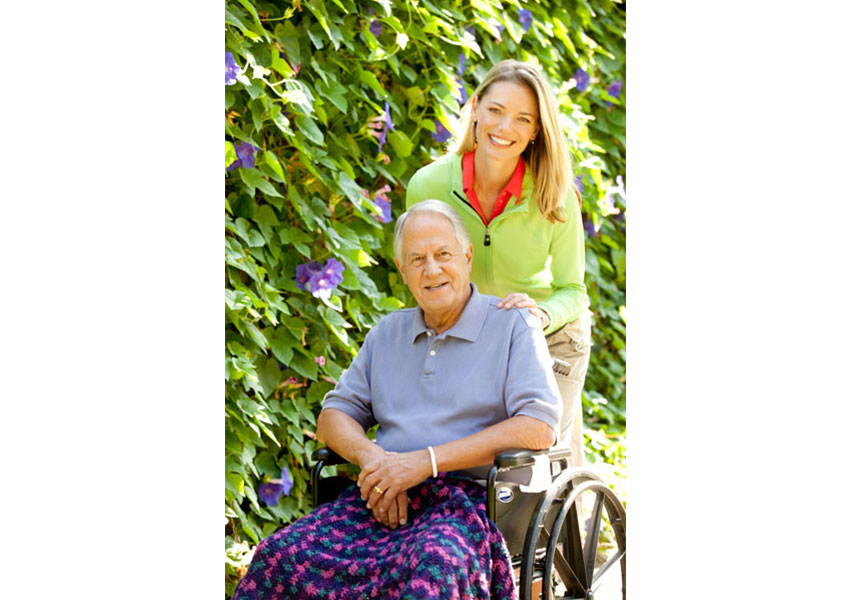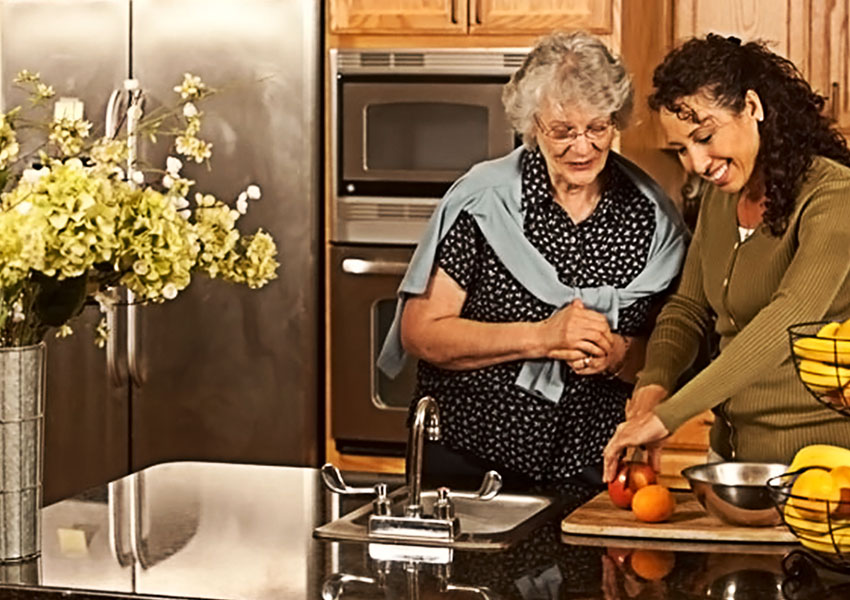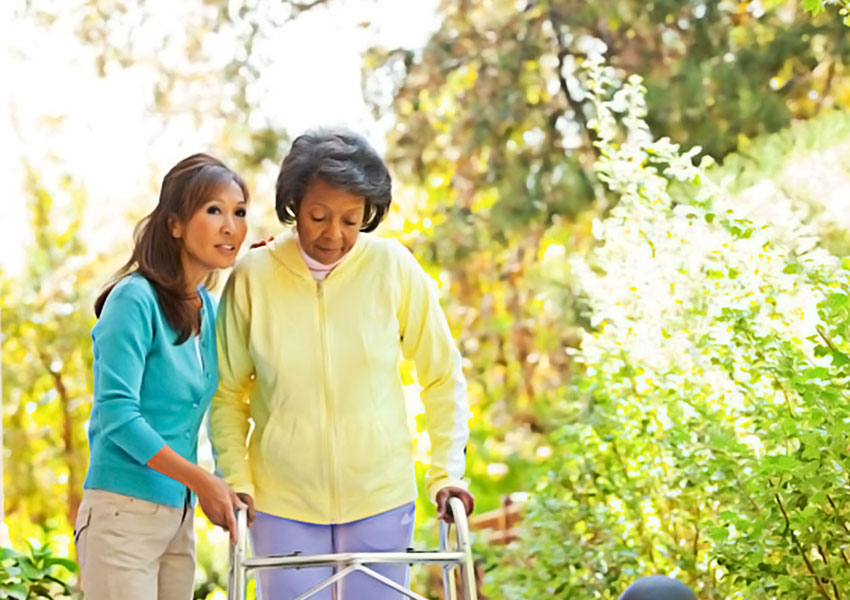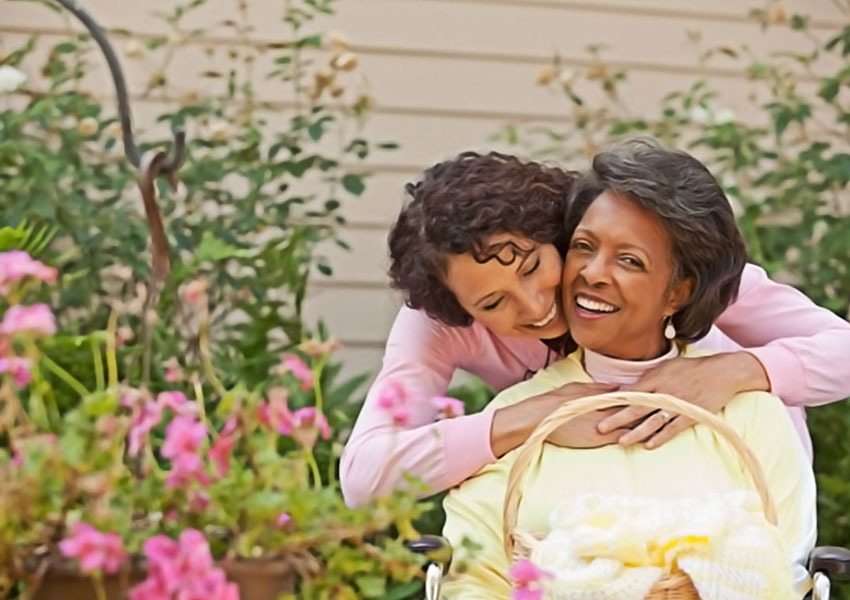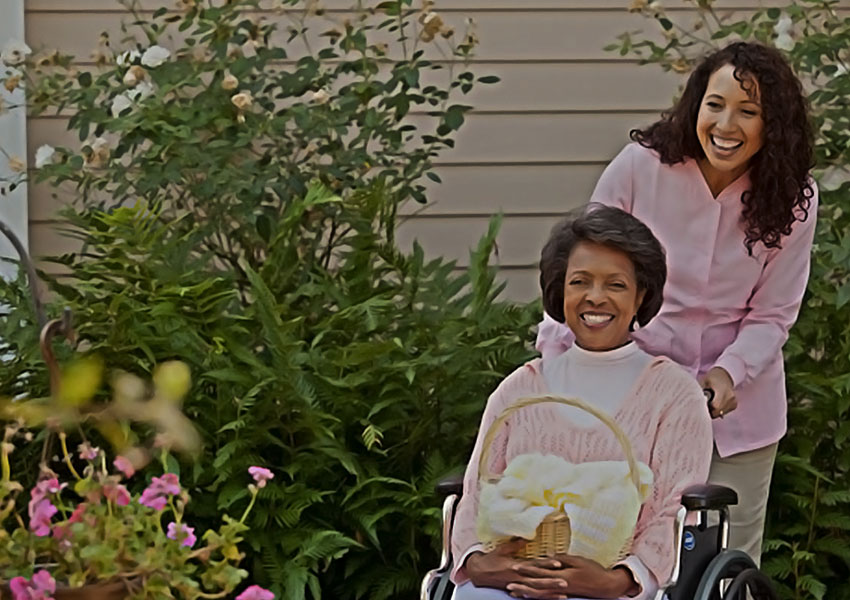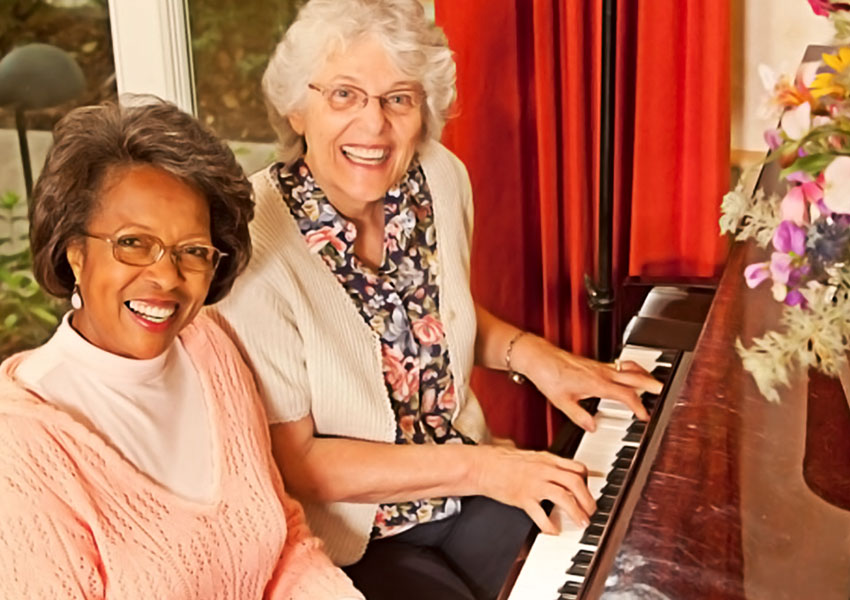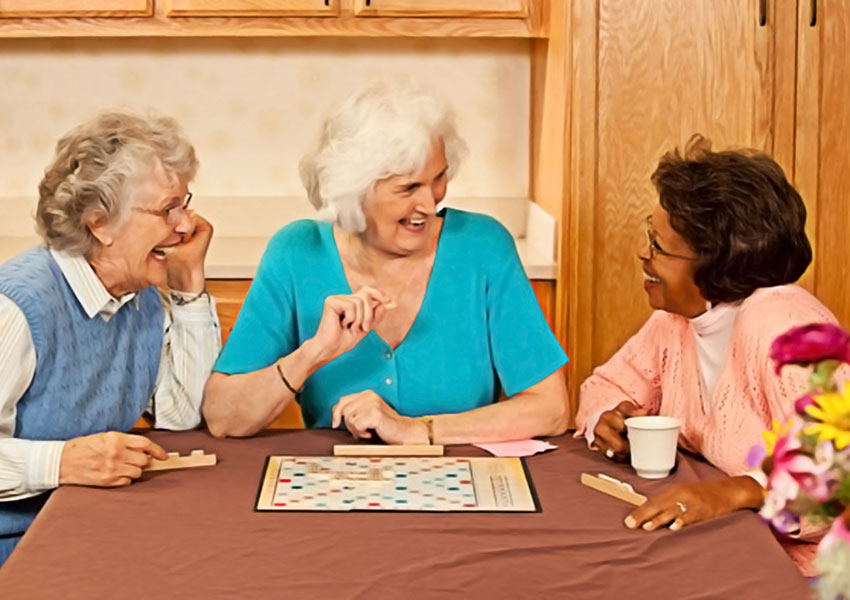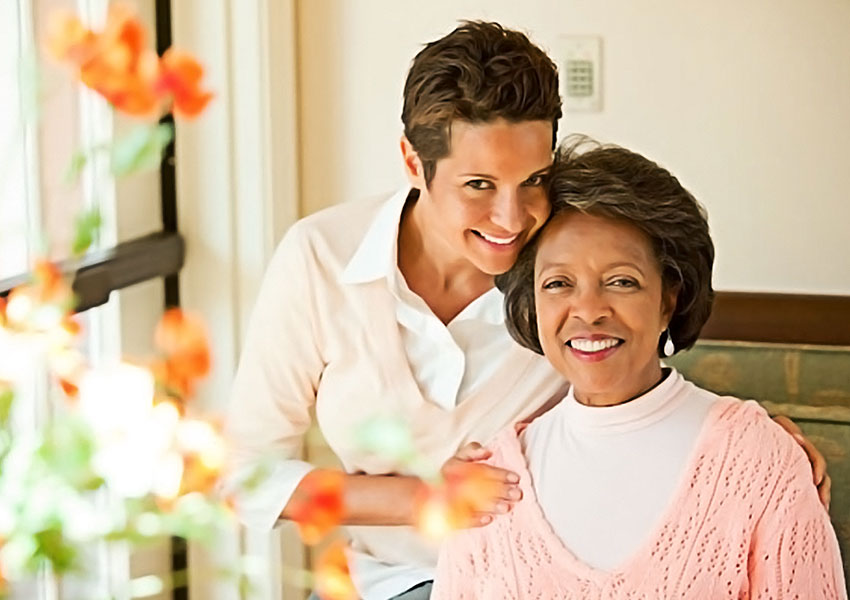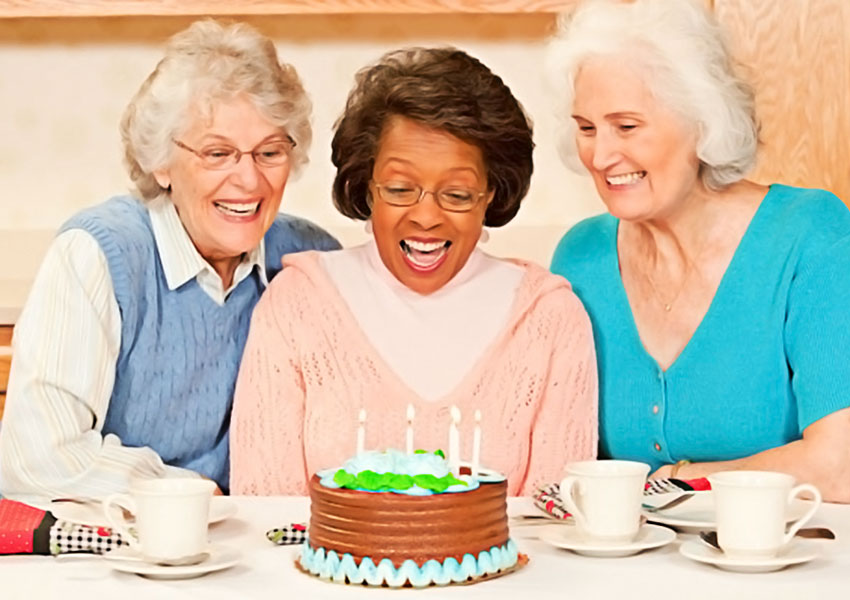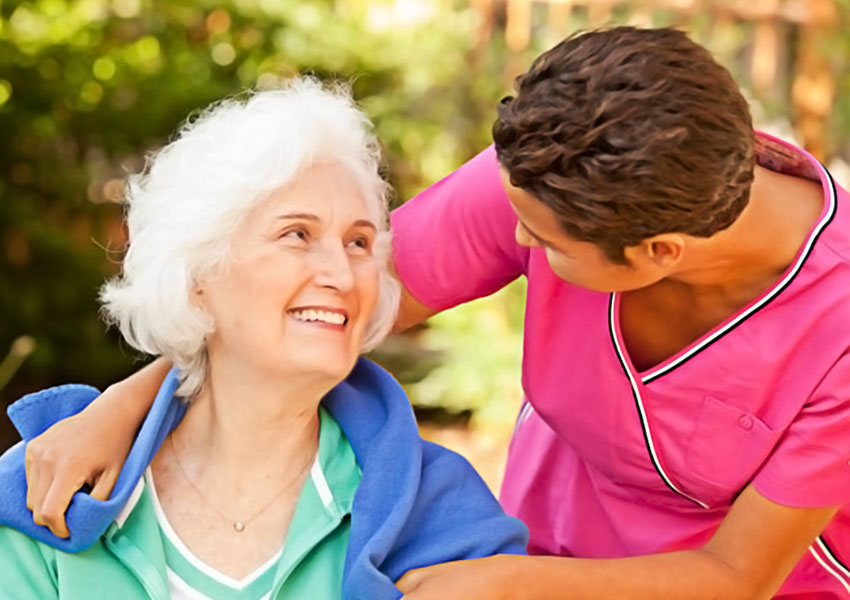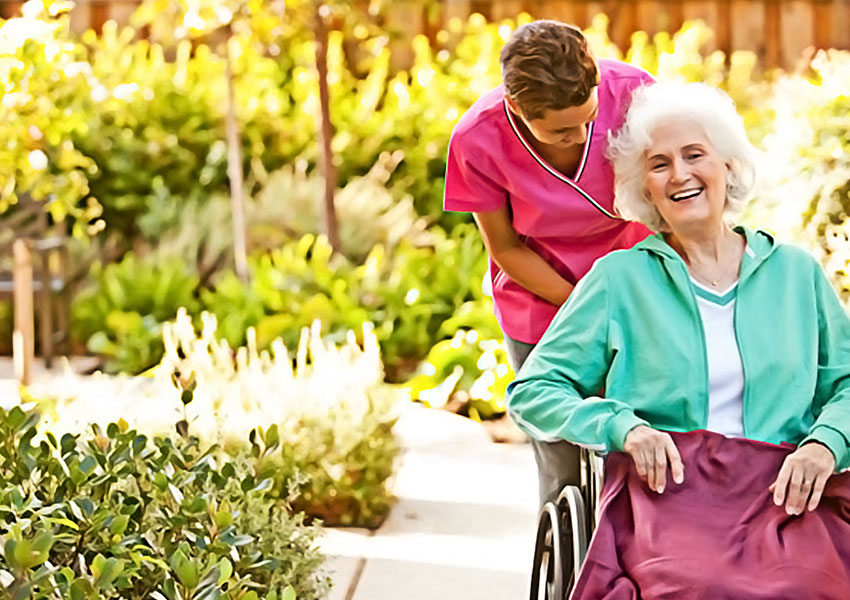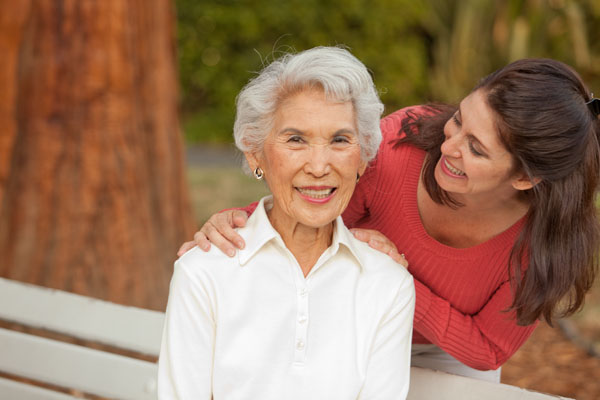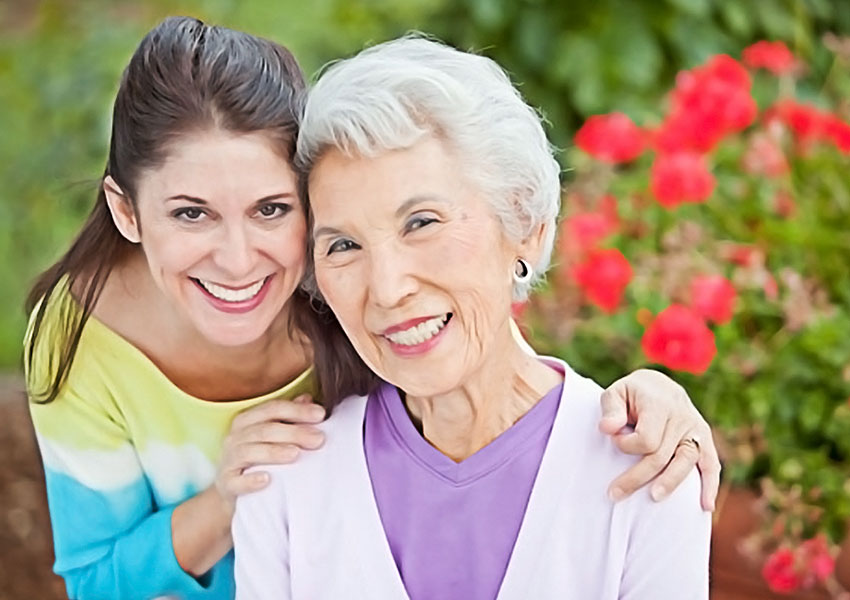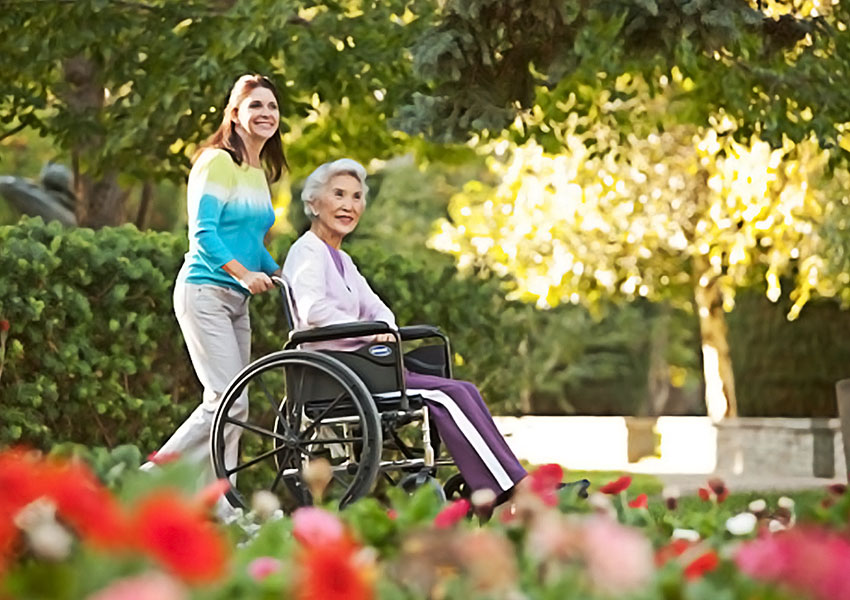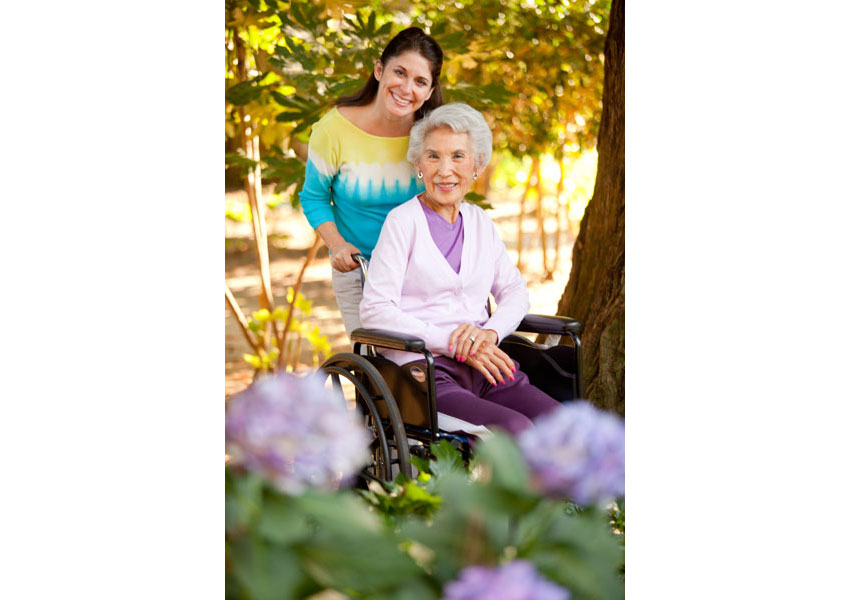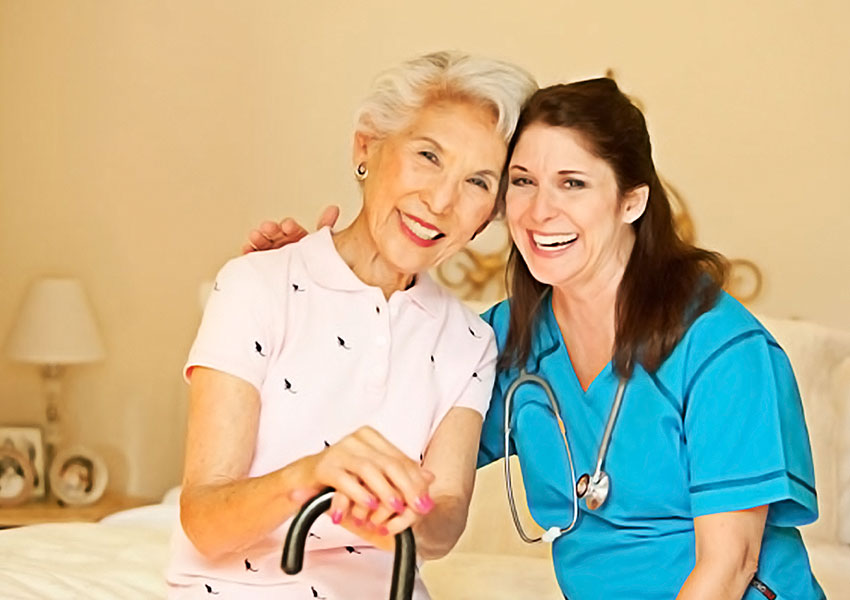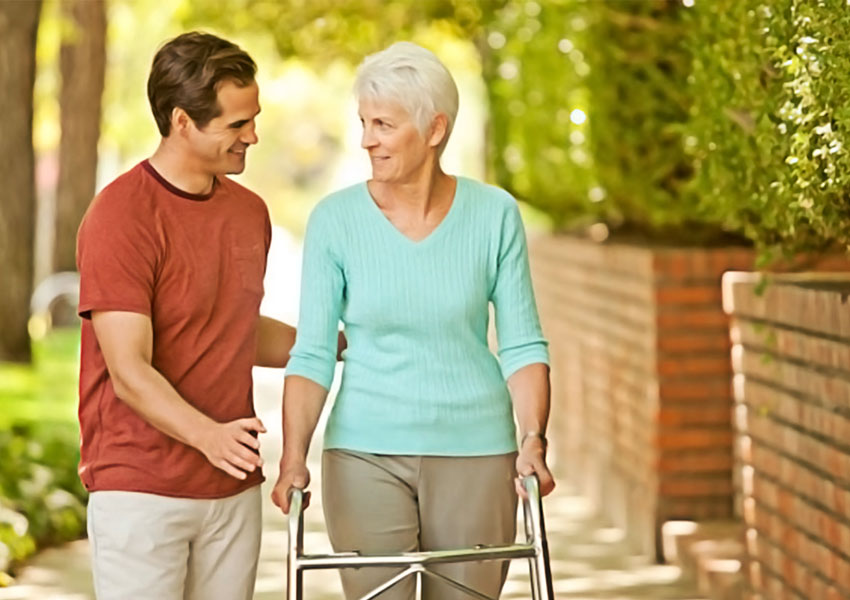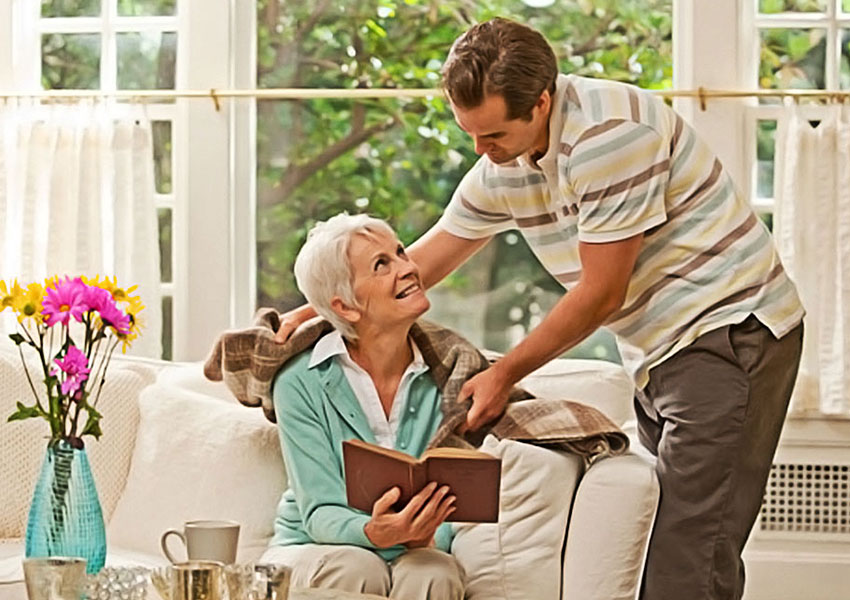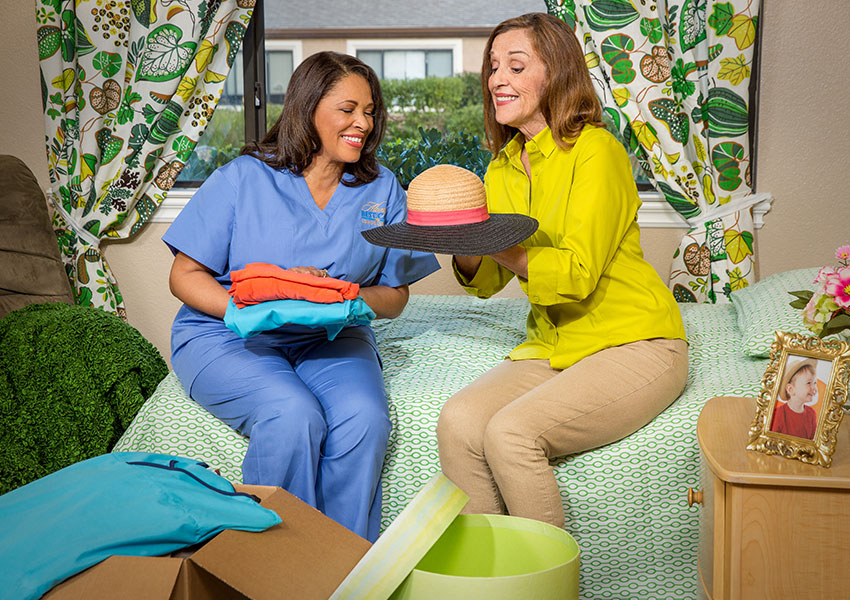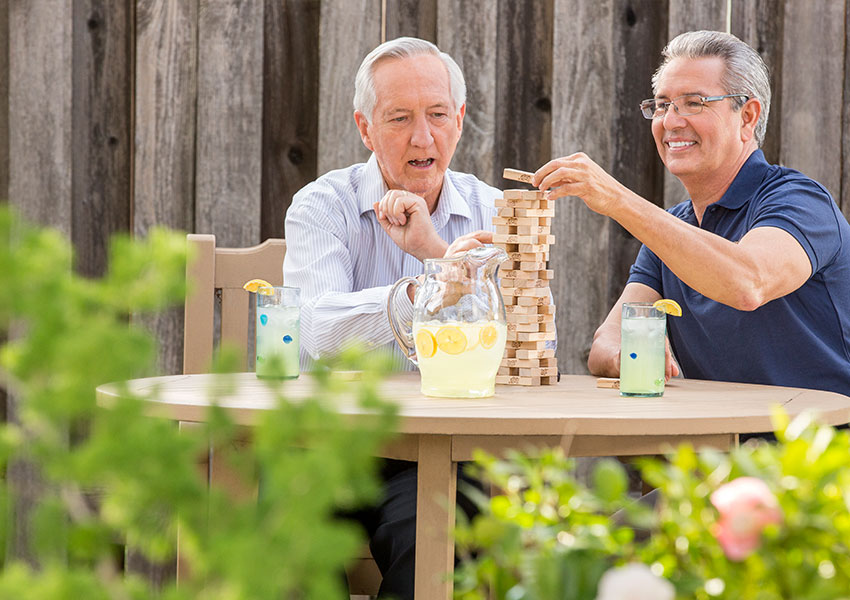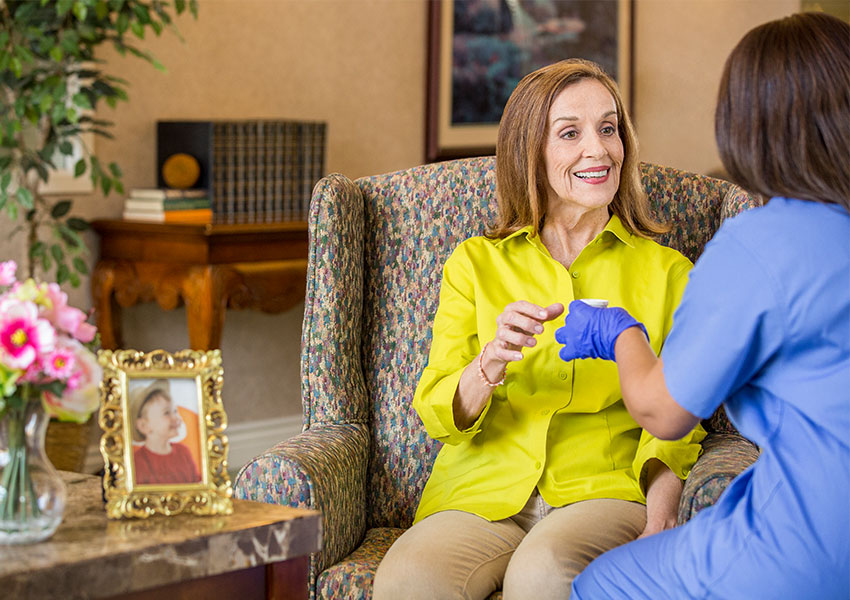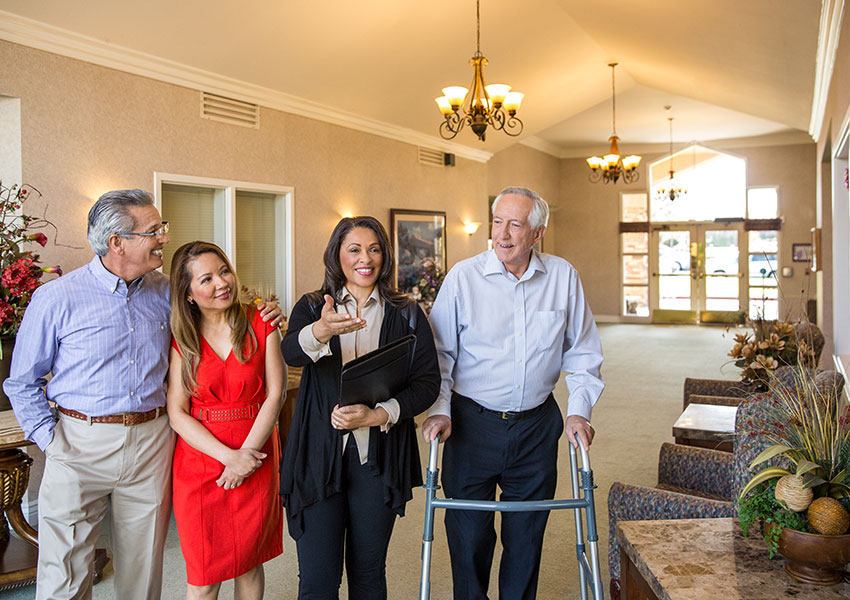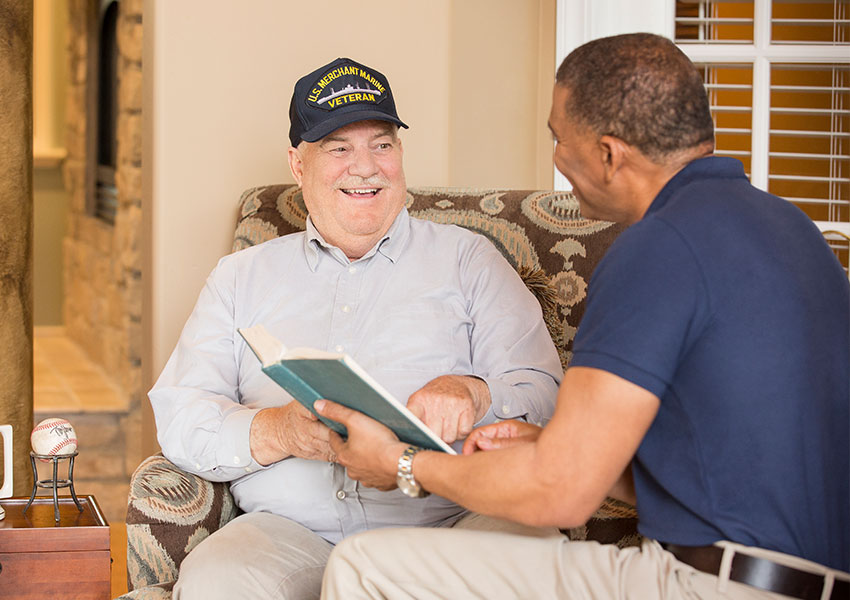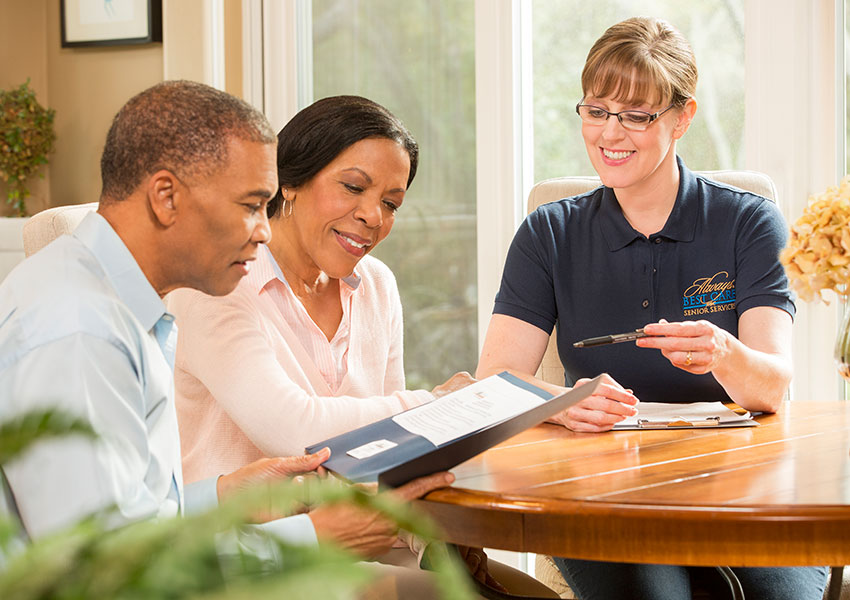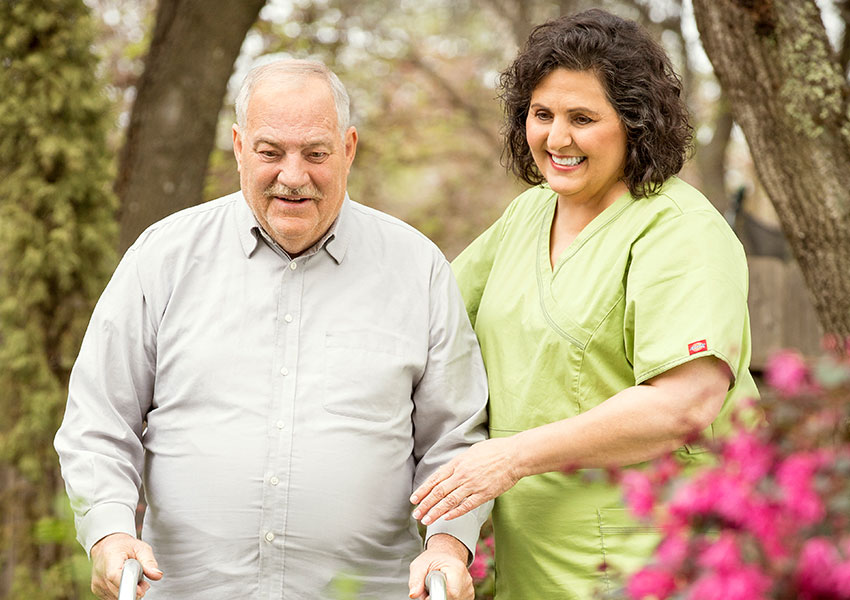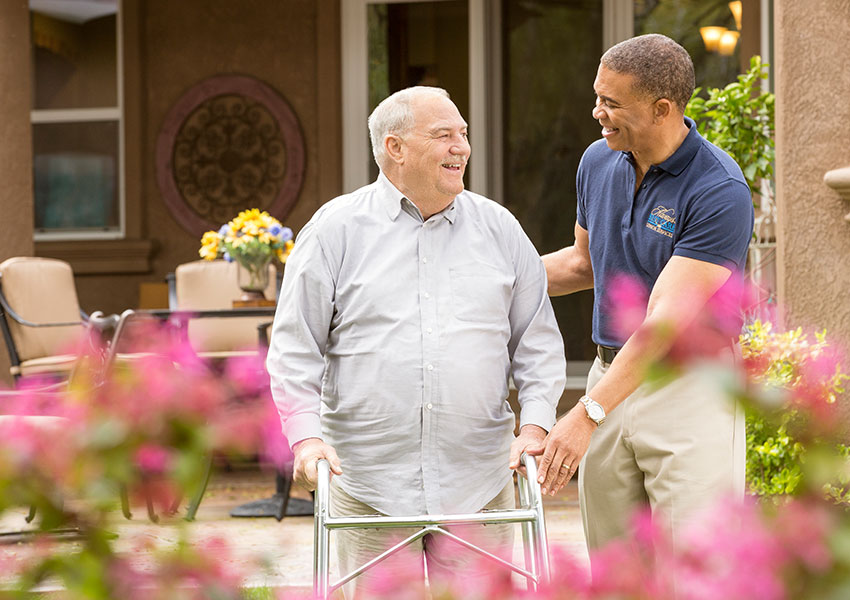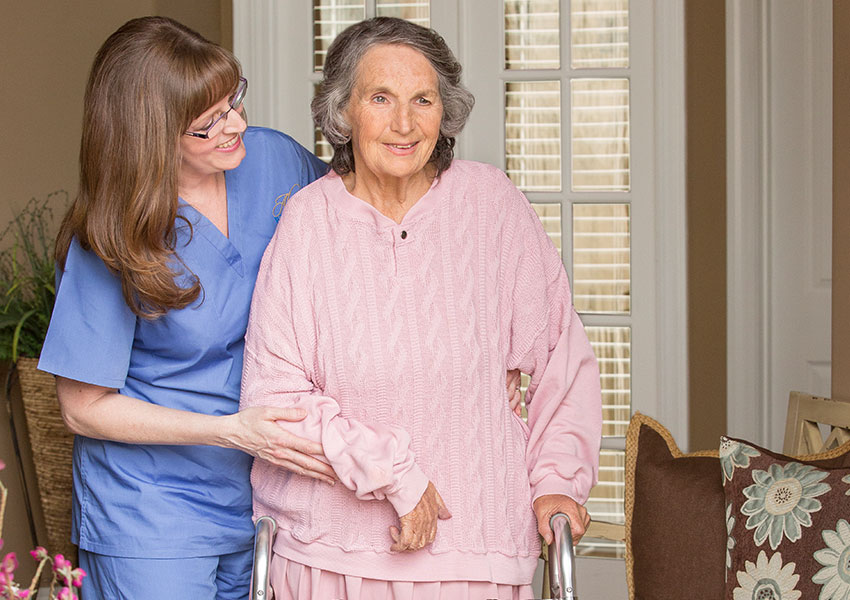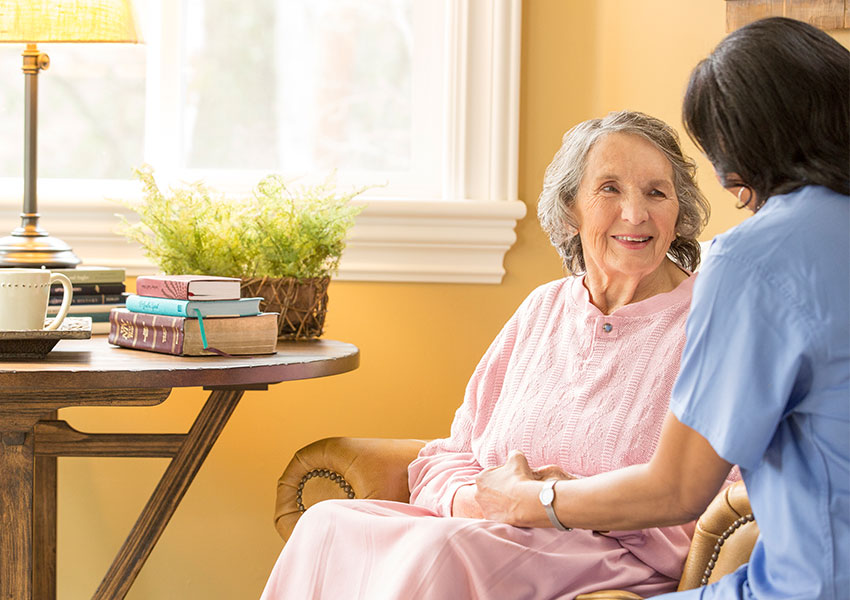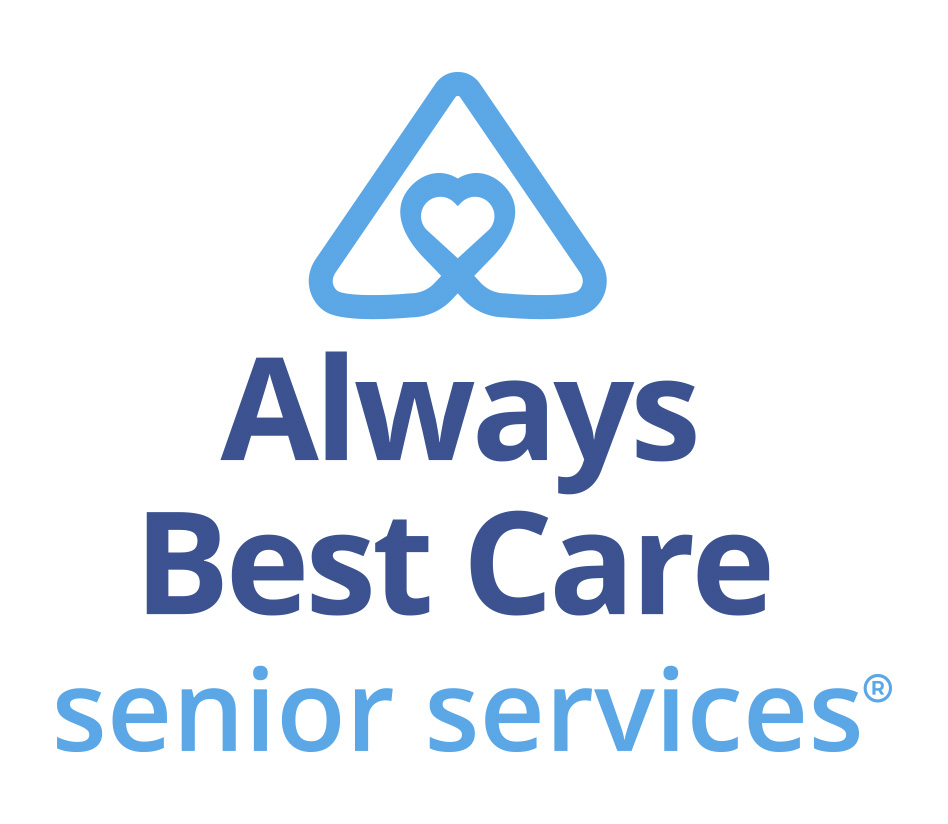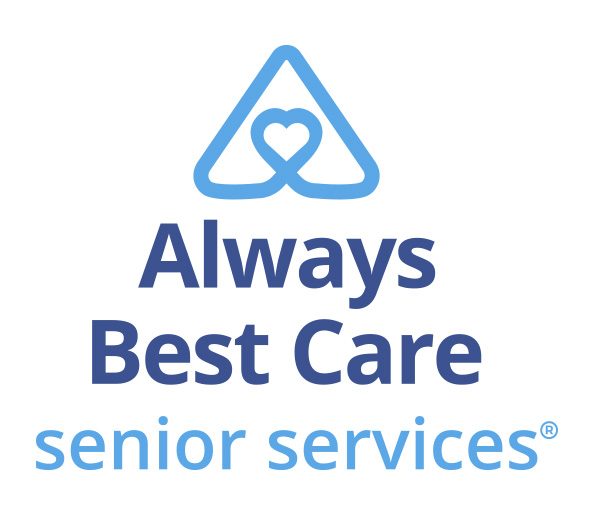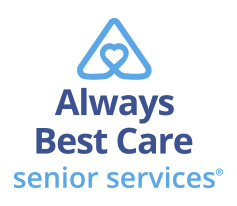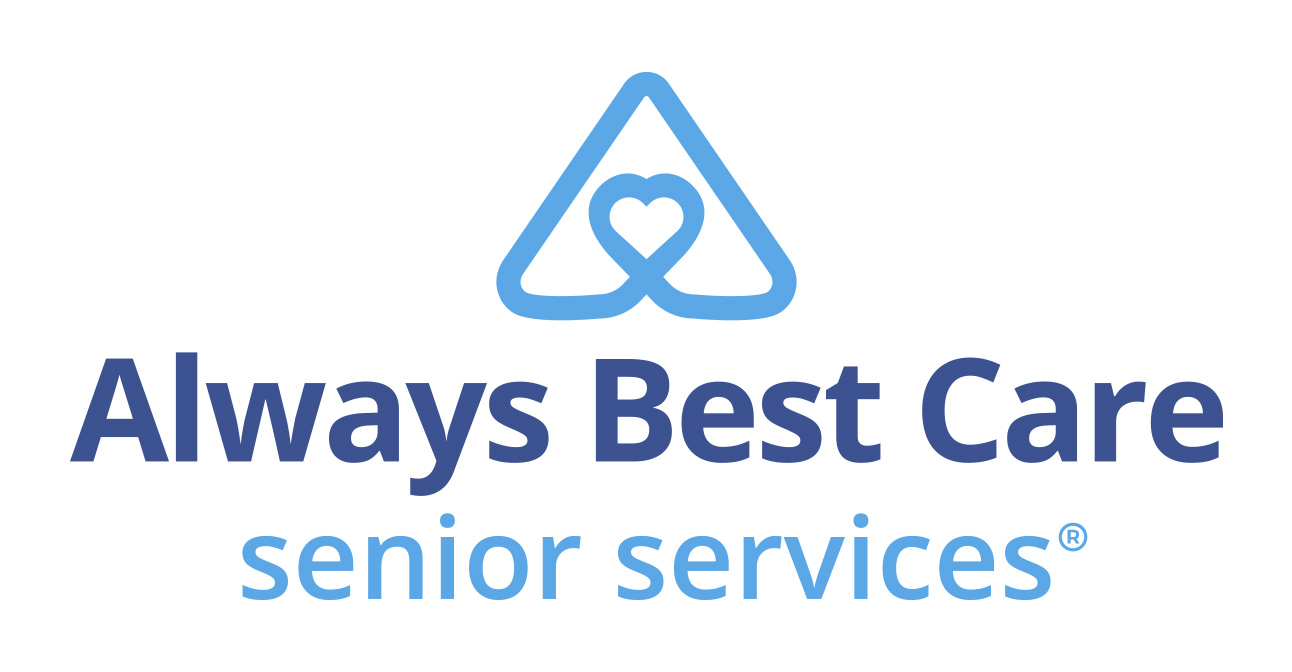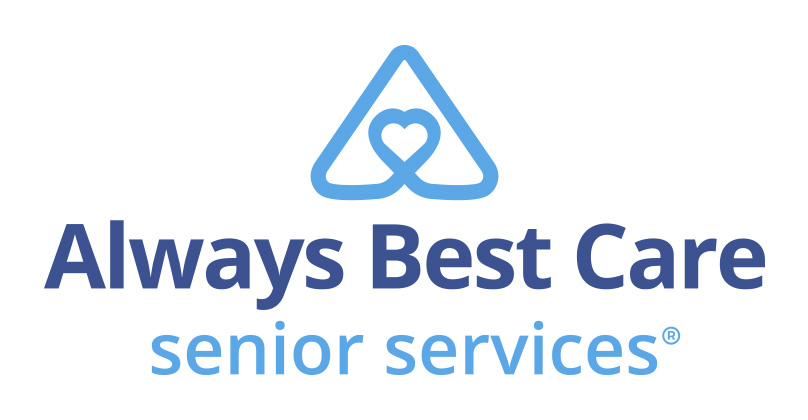 Around the world, it is estimated that 350 million people suffer from the debilitating condition known as clinical depression. In the United States, 14.8 million adults — nearly seven percent of the total population — suffer from the disease, making it a major public health concern. What’s more, people are more likely to experience depressive episodes as they grow older, even though many seniors are reluctant to report symptoms of depression themselves. For people involved in senior care, whether they are family members or caregivers, this is a serious concern.
Around the world, it is estimated that 350 million people suffer from the debilitating condition known as clinical depression. In the United States, 14.8 million adults — nearly seven percent of the total population — suffer from the disease, making it a major public health concern. What’s more, people are more likely to experience depressive episodes as they grow older, even though many seniors are reluctant to report symptoms of depression themselves. For people involved in senior care, whether they are family members or caregivers, this is a serious concern.
Thankfully, there’s a lot that we can all do to help seniors cope when the dark clouds of depression roll in!
Knowing and Understanding the Signs
The first step when it comes to helping seniors with depression is understanding what to look for. Contrary to popular belief, becoming depressed is not a natural part of the aging process, so if an aging individual in your life starts showing displaying unusual, negative behaviors, it’s time to pay attention.
Here are some signs to look for:
– Increased irritability
– Diminished self esteem
– Loss of interest in social activities
– An increase in physical pain
– More common illnesses
– More frequent displays of grief
Although many seniors will be able to work through depressive episodes on their own, it’s important to understand that those who actually need help will be unlikely to ask for it. So if you notice any of the signs listed above, it’s recommended that you and your loved one’s caregivers take proactive steps.
Getting Help and Treating Depression Among the Elderly
Don’t worry if you feel overwhelmed by the onset of depression in a senior loved one! There are lots of resources available, and you don’t have to fight the battle alone.
One of the best things you can do for a senior who is suffering from a depressive episode is encourage them to seek therapy, either from a licensed cognitive behavioral therapist, a psychiatrist (who will be able to prescribe medications, if needed) or a psychologist. If possible, it’s a good idea to find a professional who specializes in geriatric therapy, or has experience working with the elderly population.
Talk therapy is incredibly helpful for seniors, but lifestyle changes can also provide a huge boost. Simply participating in the following activities can provide the keys to recovery from many depressive episodes:
 – Walking or other forms of exercise
– Walking or other forms of exercise
– Connecting with friends, family or other loved ones
– Expressing oneself through art, music or writing
– Getting the proper amount of sleep
– Eating a well-balanced diet
Medication
If medication is prescribed to treat depression, it’s important to ensure that seniors follow proper dosage instructions and other guidelines. Medications can work wonders, but only if caregivers, health-care providers, loved ones and seniors are all open, honest and on the same page.
Getting Help Today
If your senior loved one is suffering from depression, it can be difficult ensuring that they receive the care they need on a day-to-day basis. Always Best Care is here to help! Contact us today at 1 (855) 470-CARE (2273) to learn how our amazing caregivers can provide life-changing assistance!








